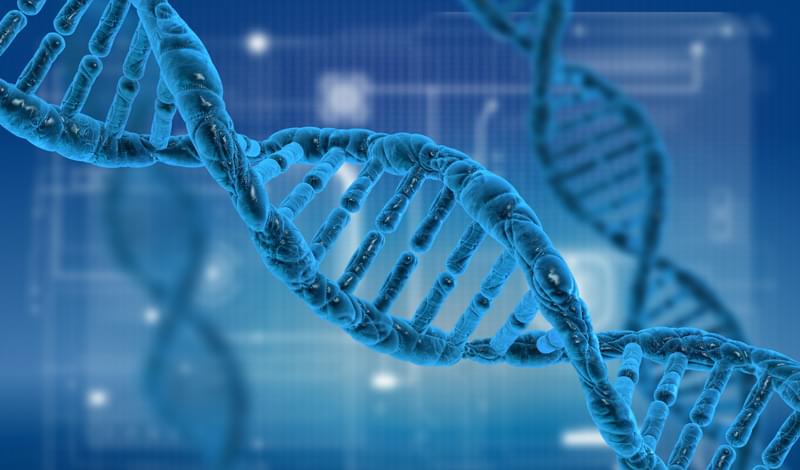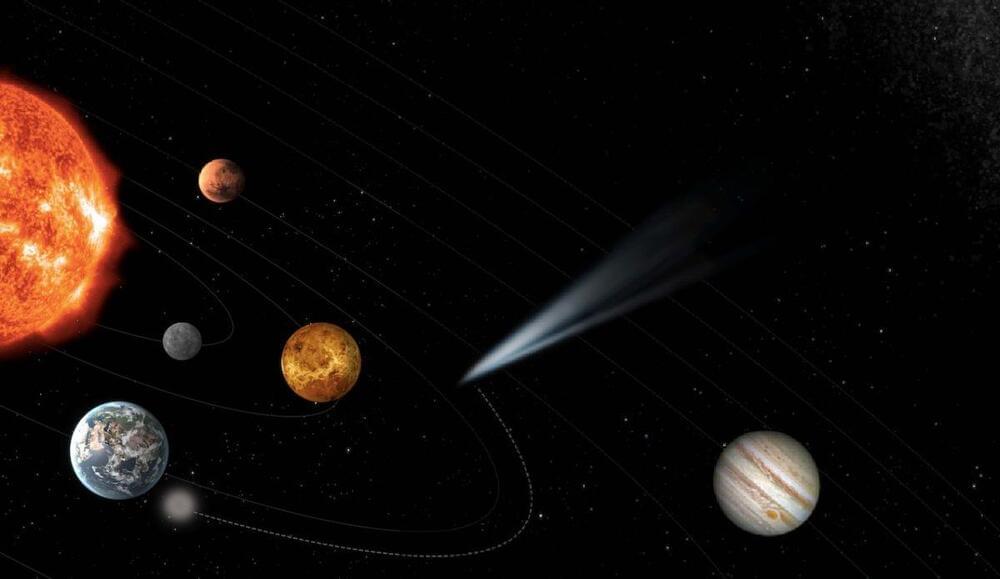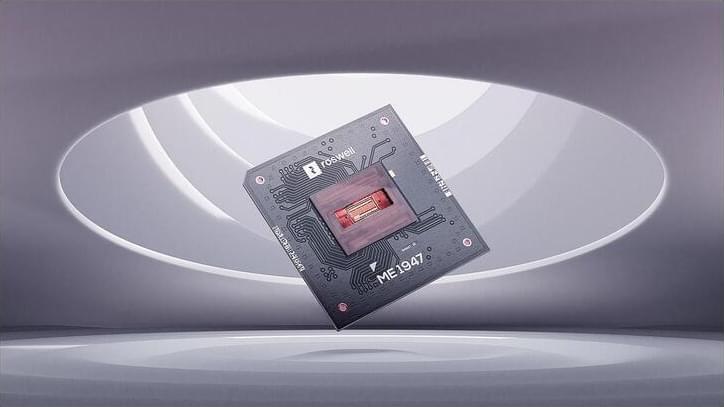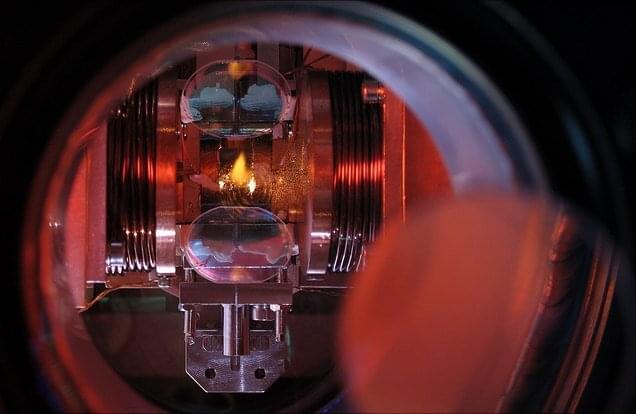“When the Human Genome Project began in 1990, it had a projected budget of $3 billion. […] Now, one company claims to have achieved the major milestone of whole genome sequencing for just $100.”
Ultima Genomics, a biotech company based in California, has emerged from stealth mode with a new high-throughput, low-cost sequencing platform that it claims can deliver a $100 genome.
When the Human Genome Project began in 1990, it had a projected budget of $3 billion. Some researchers believed it would take centuries to map all 20,000+ genes and to determine the sequence of chemical base pairs making up DNA, though in the end it took 13 years. Since then, genome sequencing has undergone technology and cost improvements at a rate faster than Moore’s Law (a long-term trend in the computer industry that involves a doubling of performance every two years). What used to require billions of dollars and many years of work is now several orders of magnitude cheaper and possible in a matter of hours.
Companies like 23andMe and Ancestry.com have been offering DNA test kits at the consumer level. These can generate reports relating to a customer’s ancestry and genetic predispositions to health-related issues. While most people have opted for tests based on partial (i.e. incomplete) sequencing, the costs are now becoming so low that whole genome sequencing may soon be affordable. Veritas Genetics made headlines in 2016 by breaking the $1,000 barrier and in 2021 the price fell to $562.








